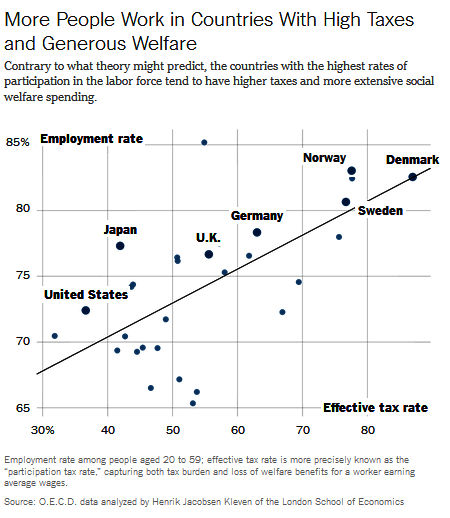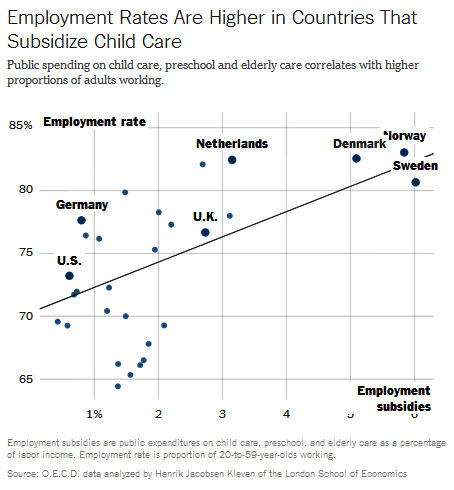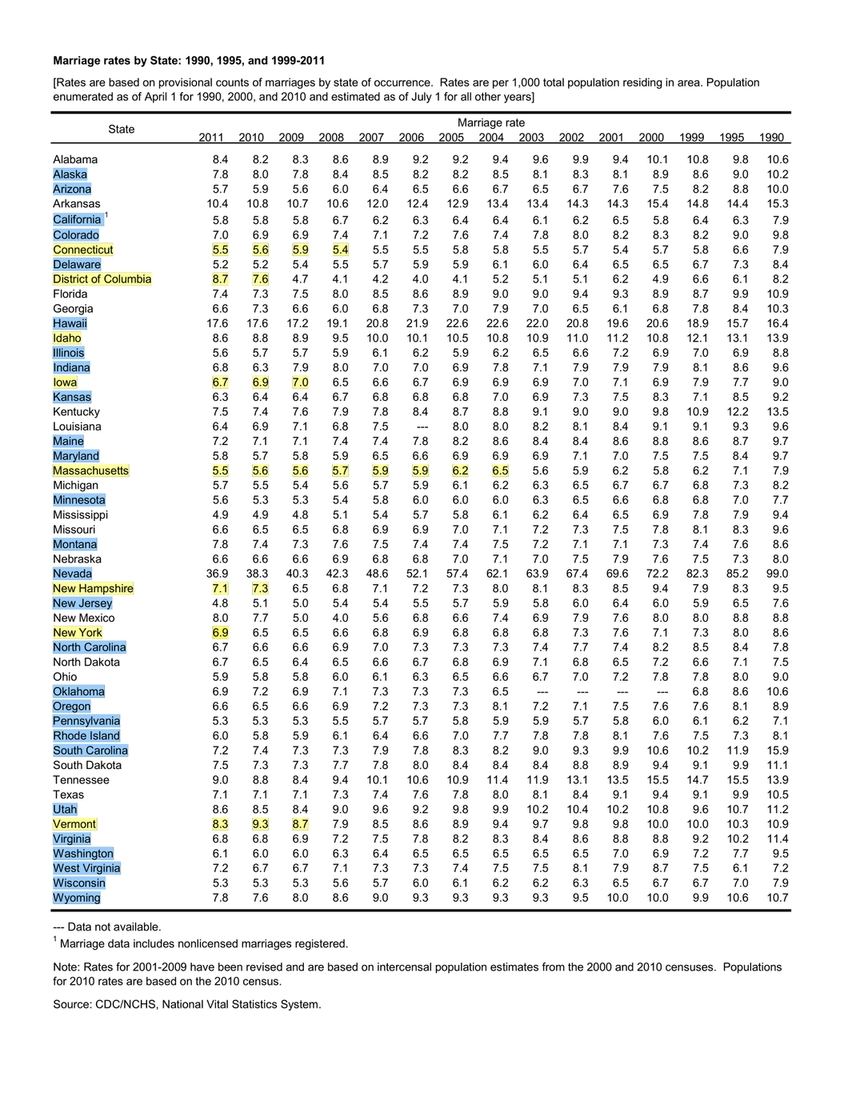Same-Sex Marriages Proceed in Parts of Alabama, Amid Judicial Chaos
by Alan Blinder and Richard Pérez-Peñafeb of The New York Times
February 9, 2015
BIRMINGHAM, Ala. — Amid conflicting signals from federal courts and the chief justice of Alabama’s Supreme Court, some Alabama counties began granting marriage licenses to same-sex couples on Monday in a legal showdown with echoes of the battles over desegregation in the 1960s. In major county seats like Birmingham, Montgomery and Huntsville, same-sex couples lined up outside courthouses as they opened and emerged smiling after being wed. At the Jefferson County Courthouse here, Judge Michael G. Graffeo of Circuit Court officiated, at times tearfully, at the civil wedding of Dinah McCaryer and Olanda Smith, the first to emerge from the crowd of same-sex couples on Monday morning. “I now pronounce Olanda and Dinah are married spouses, entitled to all rights and privileges, as well as all responsibilities, afforded and placed upon them by the State of Alabama,” Judge Graffeo said.
But in at least 50 of Alabama’s 67 counties, the county Probate Courts, which issue the licenses, were not giving them to gay and lesbian couples, according to the Human Rights Campaign, a gay rights group. Many probate court judges declined to grant any marriage licenses. In Mobile County, the state’s second-most-populous, the marriage license office was closed, and lawyers filed a motion asking a federal court to hold the probate judge, Don Davis, in contempt. Judge Granade rejected the contempt motion on Monday afternoon because Judge Davis was not a party to the litigation before her. The complaining lawyers, she said, “have offered no authority by which this court can hold Davis in contempt.” In Florence, in the northwest corner of the state, Judge James Hall of Probate Court explained to Beth Ridley and Rose Roysden that he would not issue a license, saying, “I’m caught up in the middle of this.” The couple, their eyes brimming with tears, said they would drive to Birmingham, and marry there.
A Federal District Court judge, Callie V. Granade, ruled last month that Alabama’s ban on same-sex marriage was unconstitutional, but put her ruling on hold until Monday, to give the state a chance to appeal. On Sunday night, the state’s chief justice, Roy S. Moore, sent an order to county probate judges stating that they could not “issue or recognize a marriage license that is inconsistent" with state law. But on Monday morning, the United States Supreme Court refused the state’s request to stay Judge Granade’s order pending the outcome of the state’s appeal. Chief Justice Moore’s position on the balance of federal and state power has deep resonance in a region with a history of claiming states’ rights in opposition to the federal government, and in a state where a governor, George Wallace, stood in a doorway of the University of Alabama in 1963 in an unsuccessful bid to block its federally ordered integration.
Although much has changed from Wallace’s era, Justice Moore has used a series of strongly worded letters and memorandums to insist that in the same-sex marriage case, Judge Granade, an appointee of President George W. Bush, had instigated a grave breach of law. The result has been a legal and cultural debate rife with overtones of history, religion and a chronically bubbling mistrust of the federal government, playing out at Alabama’s courthouses. In an interview Monday, Chief Justice Moore, a Baptist who has called marriage “a divine institution ordained by God,” was unapologetic. He asked what would stop judges from redefining marriage in other ways, including potentially allowing polygamy. ”But this is not what this case is about,” he said. “This case is about the federal court’s violation of their own rules.” He noted that the defendant in the case before Judge Granade is not the probate judges, but Alabama’s attorney general, Luther Strange, who has no control over marriage licenses. When that issue was raised last month, Judge Granade issued a clarification that her ruling applied to state officials in general.
In his order to probate judges, Chief Justice Moore cited the state constitutional amendment prohibiting gay marriage, and said that he, as chief administrator of the state courts, has authority over the probate courts. In this and other cases, he has argued that the state courts are not bound by the federal court’s order. “The argument isn't crazy, but it’s wrong," said Noah Feldman, a professor at Harvard Law School who specializes in constitutional issues. In many states, state courts have argued that when it comes to matters of federal law or the Constitution, they are bound by decisions of the Supreme Court, but not by the decisions of lower federal courts. But Mr. Feldman said such disputes deal with whether state courts must follow federal court precedents, not whether they must obey federal court orders.
Ronald Krotoszynski, a constitutional law professor at the University of Alabama School of Law, said, “the issuance of marriage licenses is quintessentially an executive, not a judicial, action,” calling into question whether Chief Justice Moore has any say over it. Chief Justice Moore called on Gov. Robert Bentley to take action against any judges issuing licenses to same-sex couples, while judges who refuse to issue them could face sanctions from the federal court. In a statement, Mr. Bentley said that while he disagreed with the Supreme Court and Judge Granade, he would not penalize probate judges. “We will follow the rule of law in Alabama, and allow the issue of same-sex marriage to be worked out through the proper legal channels,” he said. Mr. Strange, the attorney general, said in a statement, “In the absence of a stay, there will likely be more confusion in the coming months leading up to the Supreme Court’s anticipated ruling on the legality of same-sex marriage.”
Since October, the Supreme Court has repeatedly refused to hear appeals from lower court rulings allowing same-sex marriages. Largely as a consequence of those rulings, the number of states with same-sex marriage expanded to 37 from 19, along with the District of Columbia, in just four months. Last month, the court agreed to hear four same-sex marriage cases, to be argued in April. And Monday’s order offered the strongest signal yet that gay rights advocates are likely to prevail in coming months in their decades-long quest to establish a nationwide constitutional right to same-sex marriage.
In dissenting from the unsigned order, Justice Clarence Thomas, joined by Justice Antonin Scalia, suggested that the court was poised to establish a constitutional right to same-sex marriage, a question the court ducked in a pair of decisions in 2013. Justice Thomas accused the majority of an “indecorous” and “cavalier” attitude in refusing to maintain the status quo in Alabama at least until the Supreme Court issues its decision in the four pending cases. “This acquiescence,” Justice Thomas added in a telling passage, “may well be seen as a signal of the court’s intended resolution of that question.”
Here in Jefferson County, Judge Alan L. King of Probate Court said he had no hesitation, despite the Sunday night order on marriage licenses from Chief Justice Moore. ”At the end of the day, it’s still a very simple legal analysis: You’ve got a federal court order,” Judge King said as he watched the couples line up, near a white ribbon and red balloons. He added: “This is a happy day for all of these couples, and if you can’t be happy for people, then I’m sorry. If someone can’t understand the joy and happiness of others, then I don’t know what else I can say.” Similarly, in Madison County Probate Court, Judge Tommy Ragland said, “I'm just following the federal order." Asked if Justice Moore’s order gave him pause, he said, “No, sir.”
But in the small town of Troy, it was quiet at the Pike County Courthouse, where a sign was posted saying that licenses would not be issued. Lesbian couples who arrived to register legal name changes, reflecting marriages they had in other states, were also turned away by the Pike County probate judge, Wes Allen. “He said he was following orders from Roy Moore and that he couldn’t recognize any name changes,” said Stephanie Johnson, who had come with her wife, Valerie LaBonte. “I said, ‘You do realize that other people can get married in other counties, but I have to come to the county I reside in in order to change my name.’ And he said, ‘I don’t know.’ ”
Chief Justice Moore rose to national prominence in 2003, when he defied a federal judge’s order to remove a Ten Commandments monument from the Judicial Building in Montgomery, and was subsequently ousted from his post leading the high court. He staged a political comeback, and became chief justice again in 2013. The chief justice’s misgivings speak to widespread concerns here about federal overreach and same-sex marriage in Alabama, where about 81 percent of voters in 2006 supported a constitutional amendment banning gay nuptials. Few here doubt the force of Chief Justice Moore’s belief that Judge Granade’s orders hold only “persuasive authority,” and not binding power, on Alabama judges. “My guess is, that is actually the way Roy Moore sincerely understands the federal-state relationship,” said Joseph Smith, a judicial politics expert at the University of Alabama. “He’s also an elected politician, and he knows who his constituency is.”
Despite Chief Justice Moore’s protests, some analysts see parallels between his arguments now and those Wallace advanced in his own time. “It’s a very similar strain of ideology: the state’s rights, resisting the national tide, resisting liberal movements in policy,” Dr. Smith said. Some officials and legal scholars say that whatever the merits of the chief justice’s legal arguments, his eagerness in pronouncing his views unnerved some in Alabama who feared that it might stir local judges to resist Judge Granade. “I don’t want to see judges make the same mistakes that I think were made in this state 50 years ago, where you have state officials not abiding by federal orders,” said Judge Steven L. Reed of Montgomery County, who added, “The legacy always hangs over us until we show that we’re beyond it.”
For many here, it is unsurprising that Chief Justice Moore emerged as a strident voice in a social debate after the dispute about the Ten Commandments display, known as “Roy’s Rock,” forced him from power. “Unfortunately, sometimes it makes for very good politics here to be seen as opposing federal intervention, whether it’s from a court or a federal agency,” said David G. Kennedy, who represents two women involved in a case that prompted Judge Granade’s decision. “The situation here is that this is not federal intervention. It’s not federal intervention at all. What it is, is a federal court declaring what same-sex couples’ rights are under the federal Constitution.”



_YB14.jpg)
